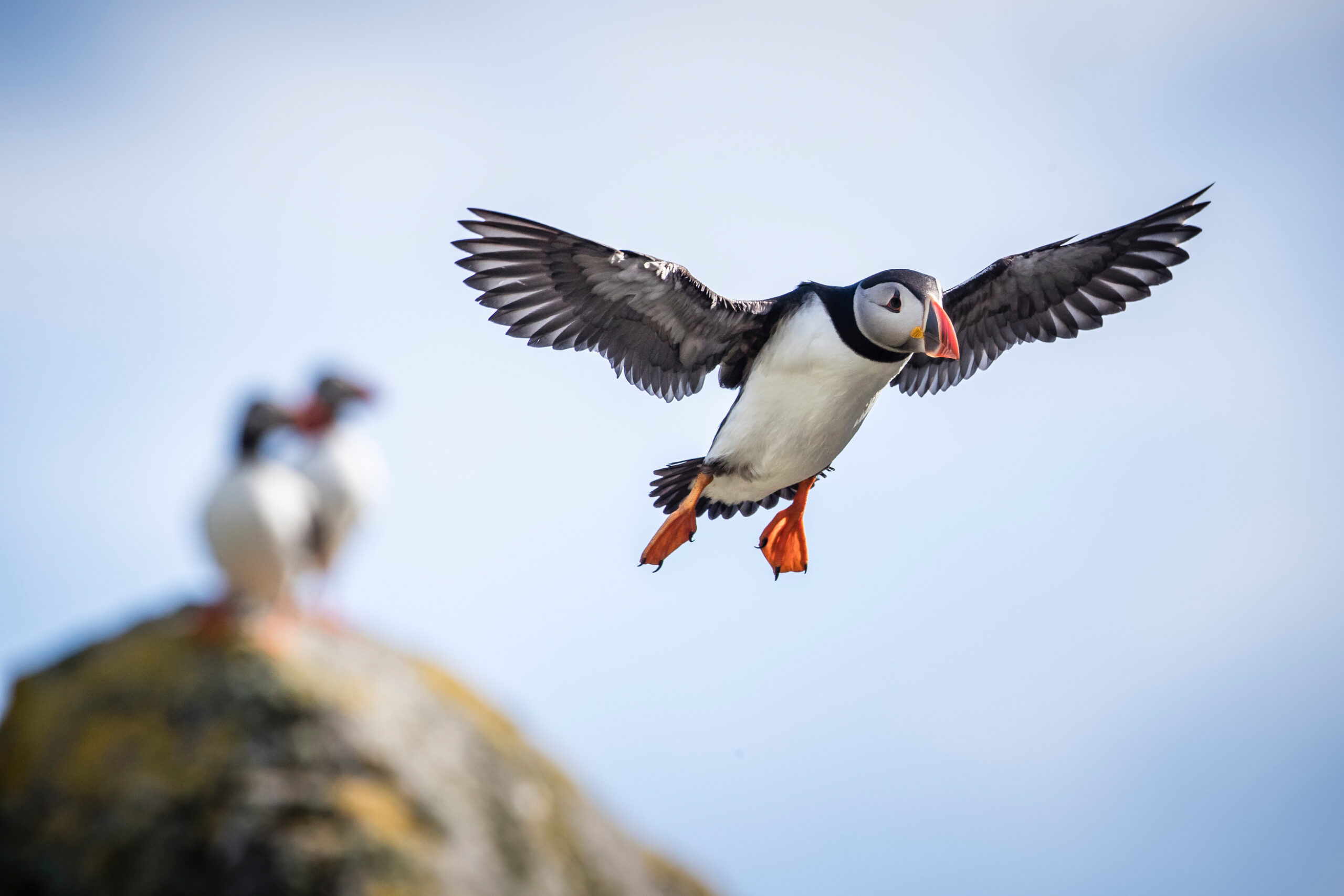
- Press Release
Ministers give themselves ‘licence to fail’ as they dodge urgent nature targets
The UK government has given itself a ‘licence to fail’ by refusing to take any legal responsibility for new short-term targets on sustainable fisheries and nature restoration, campaigners have warned.
A Greenpeace UK analysis of both the Fisheries and Environment Bill, which have been laid before parliament again this week following the General Election, shows ministers will avoid any legal accountability if they fail to meet crucial short-term environmental protections. Failing to deliver these targets would jeopardise the government’s flagship Brexit promise of leaving the environment in a better state for the next generation.
Commenting on the current drafts of the two bills, Rebecca Newsom, head of politics at Greenpeace UK, said:
“Ministers have just given themselves a licence to fail. This legislation has the potential to give Britain world-leading environmental protections as it leaves the EU, but it’s severely weakened by loopholes. We keep hearing politicians talking of the need for decisive action to tackle climate change and protect the natural environment, but when it comes to the key legislation to deliver it, it currently lacks bite. It’s taking us towards a ‘pale green’ Brexit.”
The new Fisheries Bill does put greater emphasis on sustainable fishing than the previous draft. It requires national fisheries authorities to publish binding management plans that set out how they will restore and maintain fish stocks at sustainable levels. However, a loophole in the wording allows for these plans to be ‘amended, replaced or revoked’ under a wide range of ‘relevant’ circumstances. As long as national fisheries authorities publish a document to justify their decision, the Bill could enable them to carry on as normal, without delivering their sustainability plans.
The Environment Bill requires the government to set at least one legally binding target in four priority areas: air quality, water, biodiversity and waste reduction. But Greenpeace analysis of the Bill back in October exposed a major loophole that gave the government 18 years before being legally required to meet any of the targets set. The Bill as it stands still prevents any legal action being taken against government on any potential environmental failings on water, plastic, waste or nature restoration until 2037, at the earliest.
It does give the government power to set interim targets for the four environmental areas. However, as with the long-term targets, they would still not be set until 2022 and the interim targets wouldn’t be legally binding.
Rebecca Newsom continued:
“The climate and nature emergency can’t afford delays, and the science doesn’t allow for get-out clauses or exceptions to the rule. With fish stocks on the brink of collapse and 15 percent of wildlife species under threat from extinction, bold and uncompromising measures are required straight away to reverse this devastating decline. Not only does this matter for the UK’s climate resilience and restoring nature-abundant landscapes – but it is also critical for the long-term prosperity of our farming and fishing communities who depend on them.”
One notable improvement to the latest Bill package is a commitment alongside the Environment Bill to consult on a ban on exporting plastic waste to developing countries.
Rebecca Newsom added:
“This is a good idea in principle, but there’s a major snag. The ban proposed in the Conservative manifesto would not cover countries like Turkey, which is currently the biggest buyer of plastic waste from the UK and only recycles a tiny amount of their own waste. The proposal also fails to deal with the real problem: production of plastic continues to go up and up. Without legally-binding targets to reduce our use of plastic in the Environment Bill, we’ll still have piles of rubbish and no idea what to do with them.”
Greenpeace is demanding that the Fisheries Bill contains a binding legal commitment to align catch levels with science and establishes a fair and transparent system to grant access to fish based on environmental and local economic criteria. On the Environment Bill, Greenpeace is calling for bold targets in every category required to reverse nature’s decline, without delay. All targets, long-term or interim, must be given legal force, and the new Office for Environmental Protection must be given more powers and independence to robustly hold government to account on these goals.
ENDS
Notes
Fisheries Bill as laid before Parliament on 30th January 2020 https://publications.parliament.uk/pa/bills/lbill/58-01/071/5801071.pdf
Environment Bill as laid before Parliament on 30th January 2020 https://publications.parliament.uk/pa/bills/cbill/58-01/0009/20009.pdf
